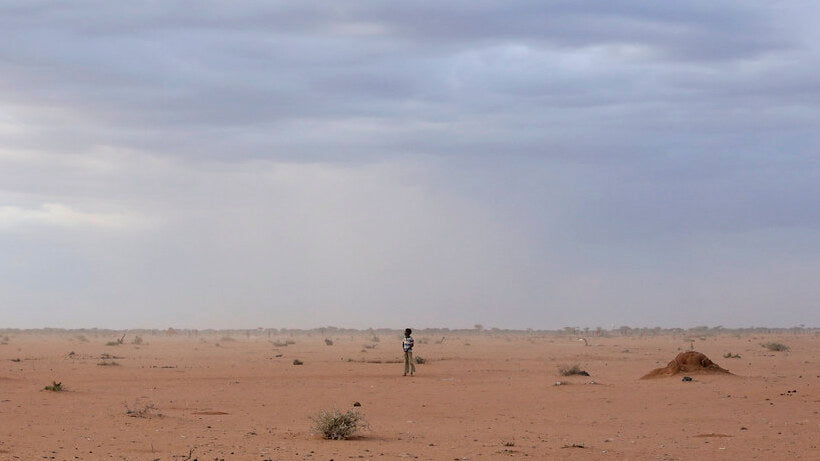
Kenya: Controversy erupts over scientific research and local rights
The recent conviction of two Belgian biologists for actions related to biodiversity research in Kenya has sparked a furore within the scientific community and beyond. While they attempted to explore the country's ecological wealth, their approach was interpreted as a violation of local rights, sparking a heated debate about justice, ethics, and respect for indigenous cultures. What happens when science collides with a country's sociopolitical realities?
Biologists prosecuted: a disturbing context
These biologists, searching for rare specimens to fuel their research, found themselves at the center of a media storm. Their intentions, while seemingly noble, were perceived by some as an exploitation of Kenya's natural resources. The country, with its incredible biodiversity, faces major environmental challenges, and protecting its natural heritage is becoming increasingly essential. But at what cost? Access to biological resources is governed by strict laws, and there is palpable distrust of foreigners who come to "take" without giving anything in return.
A knee-jerk reaction: when science becomes controversial
The international scientific community was quick to react to this condemnation. For many, it is a wake-up call, a warning to researchers who wish to explore African regions. It raises essential questions: Do scientists really have the right to appropriate the biodiversity of other countries? Who protects the rights of host countries against institutions seeking to patent their discoveries? The anger comes not only from the Kenyan authorities, but also from the scientific community, which questions the ethics of such an approach.
Towards a new paradigm of collaboration
Beyond the conviction of the two Belgians, this case could well be an opportunity for a revolution in the way research is designed and conducted in Africa. As Kenya seeks to strengthen its laws on access to resources and biodiversity, it is imperative that local scientists be involved in research projects. Collaboration, respect, and co-creation are the watchwords that should guide future scientific initiatives. Foreign researchers must understand that they are not saviors, but partners in a complex and interconnected ecosystem.
In short, this case of the Belgian biologists is a wake-up call: science must not be an excuse to trample on the rights of nations and peoples. By working together, in a spirit of mutual exchange and respect, we can ensure a future where scientific research and biodiversity coexist harmoniously.



Leave a comment
This site is protected by hCaptcha and the hCaptcha Privacy Policy and Terms of Service apply.